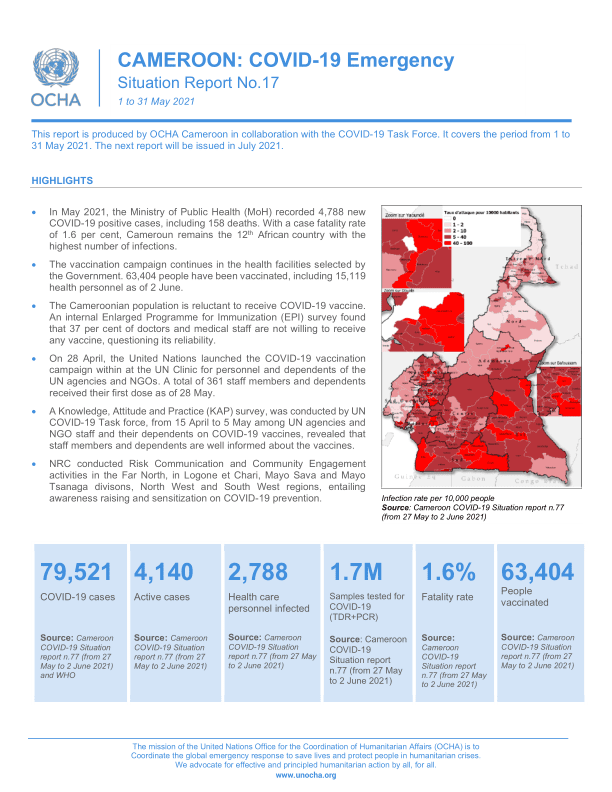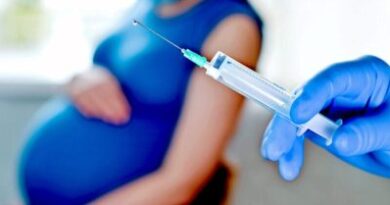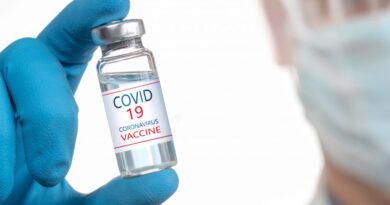Cameroon: COVID 19 Emergency Situation Report No. 17 – 1 to 31 May 2021 – Cameroon

This report is produced by OCHA Cameroon in collaboration with the COVID-19 Task Force. It covers the period from 1 to 31 May 2021. The next report will be issued in July 2021.
HIGHLIGHTS
-
In May 2021, the Ministry of Public Health (MoH) recorded 4,788 new COVID-19 positive cases, including 158 deaths. With a case fatality rate of 1.6 per cent, Cameroun remains the 12th African country with the highest number of infections.
-
The vaccination campaign continues in the health facilities selected by the Government. 63,404 people have been vaccinated, including 15,119 health personnel as of 2 June.
-
The Cameroonian population is reluctant to receive COVID-19 vaccine. An internal Enlarged Programme for Immunization (EPI) survey found that 37 per cent of doctors and medical staff are not willing to receive any vaccine, questioning its reliability.
-
On 28 April, the United Nations launched the COVID-19 vaccination campaign within at the UN Clinic for personnel and dependents of the UN agencies and NGOs. A total of 361 staff members and dependents received their first dose as of 28 May.
-
A Knowledge, Attitude and Practice (KAP) survey, was conducted by UN COVID-19 Task force, from 15 April to 5 May among UN agencies and NGO staff and their dependents on COVID-19 vaccines, revealed that staff members and dependents are well informed about the vaccines.
-
NRC conducted Risk Communication and Community Engagement activities in the Far North, in Logone et Chari, Mayo Sava and Mayo Tsanaga divisons, North West and South West regions, entailing awareness raising and sensitization on COVID-19 prevention.
SITUATION OVERVIEW
For the first time since the first COVID-19 case was reported in Cameroon in March 2020, the epidemiological curve is decreasing. To date, the country has an average of 135 new infections per day. On 8 April, more than 890 positive cases, representing the highest average number of daily infections was reported. In comparison, the Ministry of Public Health (MoH) recorded only about 4,500 new positive cases in May. The curve is also falling within the United Nations System and NGOs with 10 positive cases reported in May compared to 114 in March and 80 in April.
The Polymerase Chain Reaction (PCR) diagnostic rate is 11.4 per cent per 1,000 inhabitants (309,156 samples analyzed in May) and the Rapid Diagnostic Test (RDT) rate is 52.1 per cent per 1,000 population (1,409,781 samples tested).
The vaccination campaign is underway. According to an Expanded Programme on Immunization (EPI) report, 90 per cent of those who are going to be vaccinated in the approved centers are people from other nationalities living in Cameroon. Despite the recent extension of vaccination to people aged 18 and over, many Cameroonians hold on to conspiracy theories and remain reluctant to be vaccinated.
The issue of vaccine safety seems to have remained an ongoing stumbling block. According to experts, the Government needs to improve communication about the vaccination campaign. Social communication experts think that in order to instill confidence in people, it would be important to use opinion leaders to influence people’s convictions about the vaccine. Within the humanitarian community and UN agencies, the UN COVID-19 Task force KAP survey also concluded that people providing information so far, administration and politicians, are not credible in the eyes of the UN and NGO staff, which may explain the low mobilization for vaccines.
Gaps & constraints
Despite the communication strategy elaborated by the Ministry of Public Health and its partners on the vaccination against COVID-19, mobilization of people is limited. The multiple-dose vaccines discourage recipients and there is a general lack of follow-up and mobilization strategy for the second dose of the vaccine.
*** This article has been archived for your research. The original version from ReliefWeb can be found here ***


